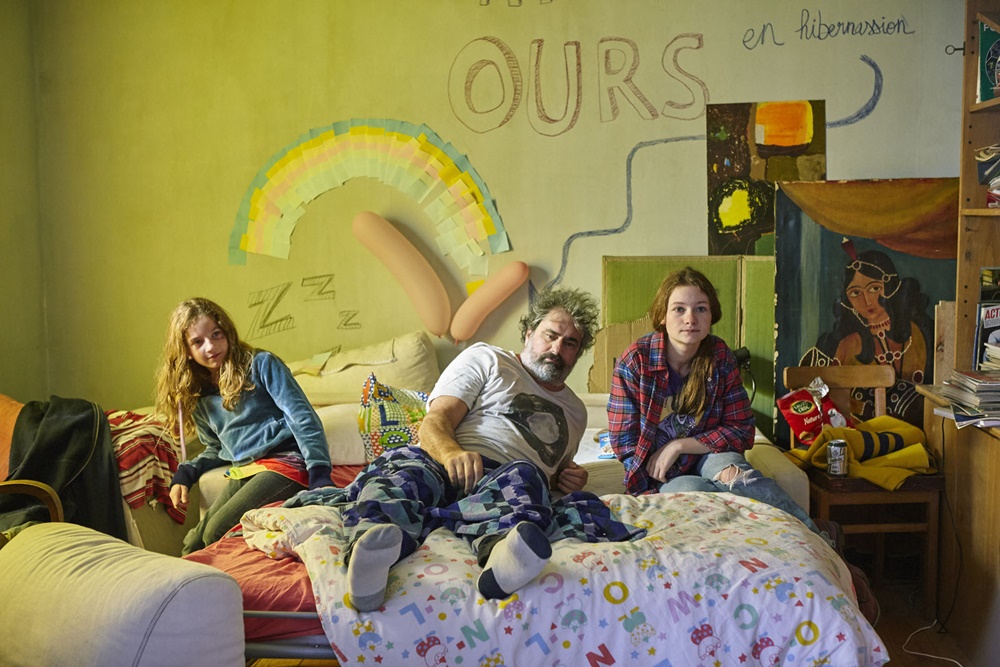The 10-episode TV series Sweet Home has been available on Netflix since 18th December 2020. This South Korean show is a live action adaptation of the eponymous Webtoon by Kim Carnby and Hwang Young-chan. There are two types of shows on Netflix. On one hand, you have the big budget blockbusters, highly promoted online, with real-life red-carpet premières, Hollywood A-listers or producers. On the other hand you have: the "other" shows. With their vaguely fantastic or sci-fi-y vignettes, they usually come from Germany, Spain or India. They pop-up in your "what to watch next" section and look rather unappealing. But the worst thing about those "obscure Netflix" shows is when your friends exhort you to watch any of them. Torn between the strong desire for high quality entertainment and blind loyalty to your friends, it's not easy to decide what to watch and what to ditch. To help you decide, here's Just Focus's review of one of them: Sweet Home. 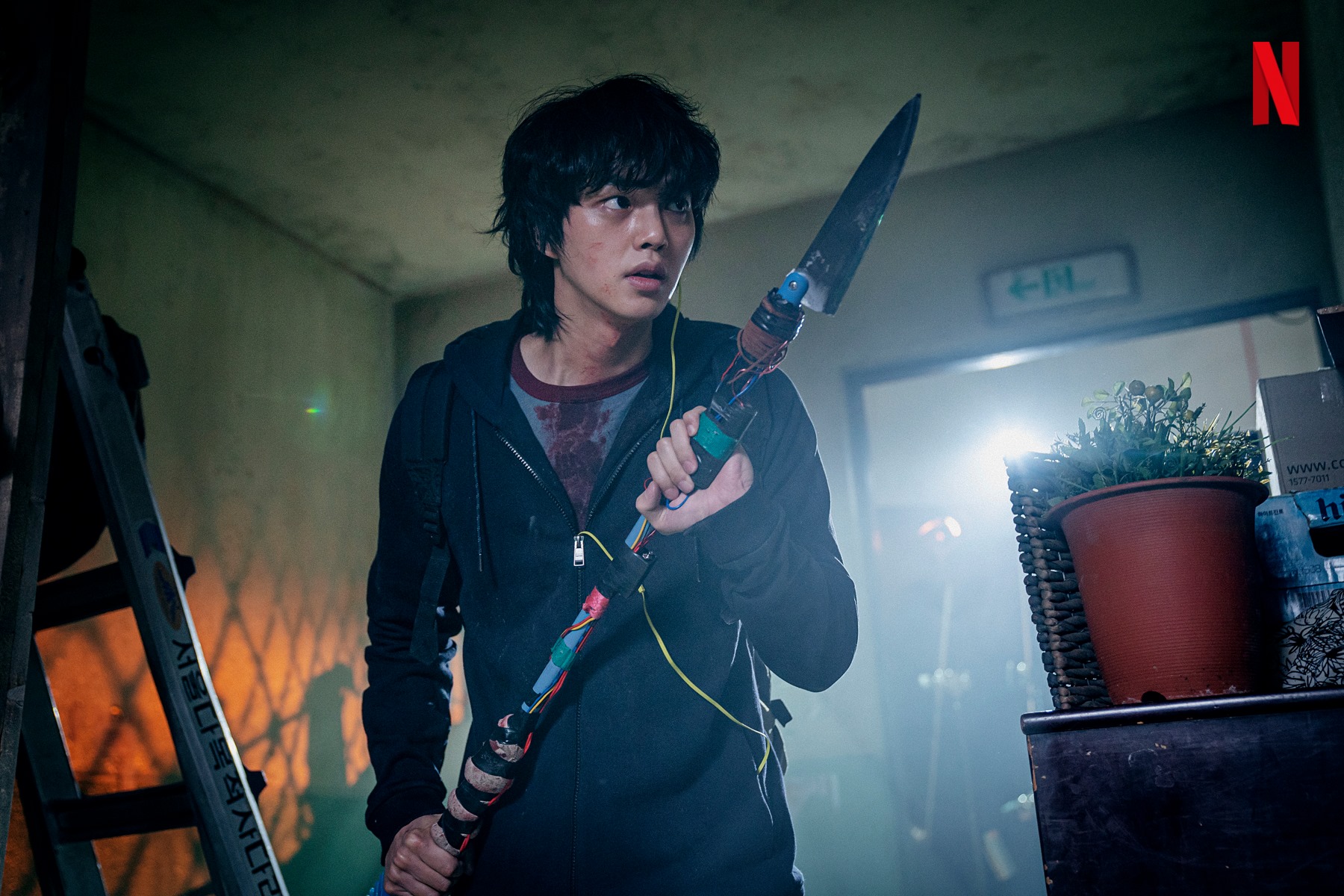
Sweet Home is Excellent Horror
The South Korean show (consciously or subconsciously) conjures up a number of exciting references to horror classics from cinema, comics, and literature. John Carpenter's The Thing, Tokyo Ghoul, Hell Baby, The Walking Dead, High Rise and Alien, are among the fiction titles that come to mind when watching the show. Fans of horror and science fiction will have a lot of fun finding all these easter eggs. On top of which Sweet Home delivers everything that was missing from another popular survival show: The Walking Dead. The Walking Dead lacked likeable characters, kindness, humanity and compassion, to name a few desirable qualities in a story. In Sweet Home, human life has value and the audience is rewarded by interesting character arcs and more importantly: no gratuitous deaths. It's the character choices that advance the plot instead of their senseless sacrifice.
This Netflix Series adaptation is a beautiful tribute to Manga as an Art form
The writing is great and the pacing impeccable. Sweet Home carefully kept in the contemplative sequences inherent to Manga, but the story still moves on quickly and the overall experience is highly satisfying. However, there is the controversial question of the CG in Sweet Home. You can find several reviews online saying the special effects are awful. But are they really? 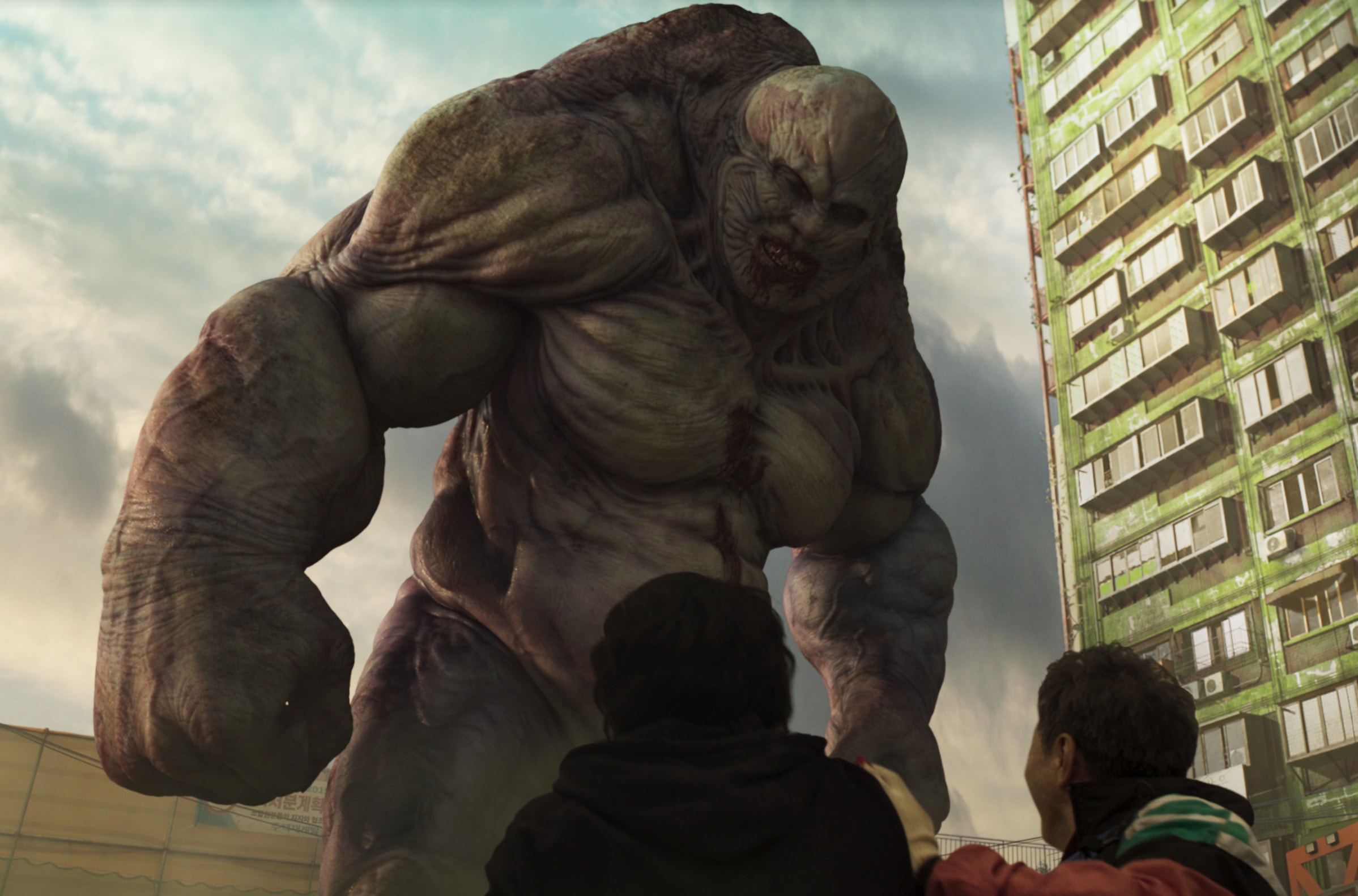 Yes, the CGI looks fake. Is it distracting? Yes, a little. Does it really matter? Absolutely not! And here's why. While the finished product feels rough, most of the CGI is used almost exclusively to bring the monsters to life. In that respect, the CG animation and design of said monsters are on point. On top of which, the emotional work produced by the actors, as well as the interactions between real elements (actors, sets, props) and the CG elements are flawless. The dubious CG quality is compensated by the skillful direction and actor performances. At the end of day, if the story is told, it works. (see the VFX artists react videos by the YouTube Channel Corridor Crew for more insight on what makes good or bad CG). Finally, as far as the monster design is concerned, if works as reminder of the show's manga origins and constitutes a respectful bow to the less mainstream but equally demanding art form that is comic art.
Yes, the CGI looks fake. Is it distracting? Yes, a little. Does it really matter? Absolutely not! And here's why. While the finished product feels rough, most of the CGI is used almost exclusively to bring the monsters to life. In that respect, the CG animation and design of said monsters are on point. On top of which, the emotional work produced by the actors, as well as the interactions between real elements (actors, sets, props) and the CG elements are flawless. The dubious CG quality is compensated by the skillful direction and actor performances. At the end of day, if the story is told, it works. (see the VFX artists react videos by the YouTube Channel Corridor Crew for more insight on what makes good or bad CG). Finally, as far as the monster design is concerned, if works as reminder of the show's manga origins and constitutes a respectful bow to the less mainstream but equally demanding art form that is comic art.
Sweet Home is another proof that Korea has become a major player in the entertainment industry
The set is brilliant and fits in the story perfectly. It conveys a cabin fever atmosphere that serves the lockdown plot nicely. Which is also a cheap way to produce an action film (one location, one set, means reduced production costs). But despite the budget being low the show never looks cheap. That green tower is beautiful, the costumes and color palette are fun and purposeful. The cast is impressive. The actors have the range and charisma any Hollywood actors could dream of and they carry the story every second of the show. 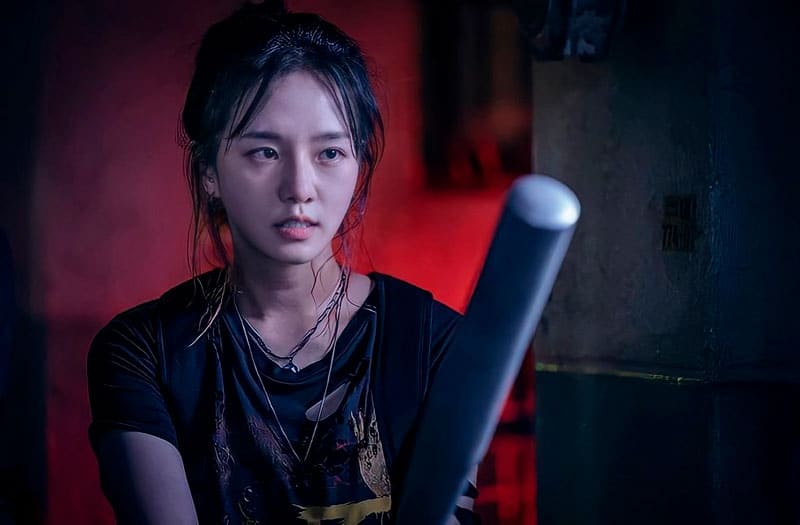 Comics adapted to film is not a new thing. We mentioned The Walking Dead but there's also Polar (Netflix) and the brilliant film Snowpiercer (also "made in Korea" – maybe not such a coincidence) to name a few. However, live-action adaptations of Manga or Anime are rarely good. It would seem the original format does not translate well onto film. Besides, this is not Netflix's first attempt at manga adaptation. FullMetal Alchemist and Death Note come to mind as examples of adaptation disasters. Therefore, Sweet Home represents, the long-awaited proof that it can be done well.
Comics adapted to film is not a new thing. We mentioned The Walking Dead but there's also Polar (Netflix) and the brilliant film Snowpiercer (also "made in Korea" – maybe not such a coincidence) to name a few. However, live-action adaptations of Manga or Anime are rarely good. It would seem the original format does not translate well onto film. Besides, this is not Netflix's first attempt at manga adaptation. FullMetal Alchemist and Death Note come to mind as examples of adaptation disasters. Therefore, Sweet Home represents, the long-awaited proof that it can be done well.
A self-aware commentary on Korean society in 2020 that also hits home
South Korean culture has been getting increased visibility in western countries in recent years. The K-pop band BTS or the film Parasite, winning the 2020 Best Movie Academy Award, are some of the most recent Korean international successes. If Japanese culture has been popular in France for several decades – mainly thanks to the anime programming on the Club Dorothée in the 90s, Ghibli films, and French enthusiasm for sushi takeaway – South Korea remains generally unknown. The western novice usually finds South Korean and Japanese cultures share many similarities on the surface. But thanks to more recent global reach, the differences and specificities of Korean society are becoming more obvious. 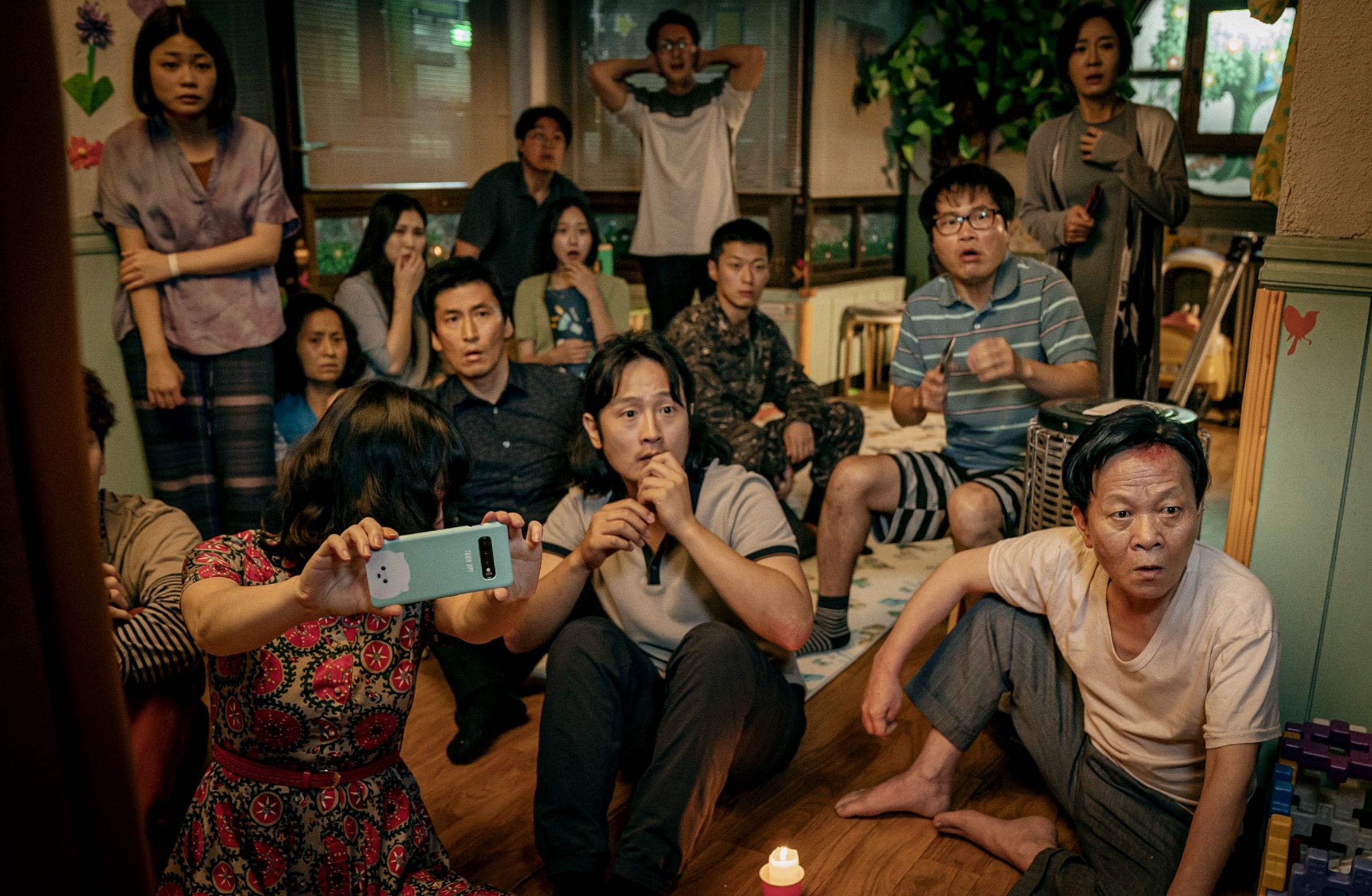 In Sweet Home, the characters are bluntly honest with each other. They have a more straightforward way about them, they don't show the same formality in their interactions as the Japanese. They don't seem burdened by what their neighbours will think about them and they don't care so much about their reputation either. Korean social interactions, from a western point of view, appear somewhat more authentic in comparation with their polite East Asian neighbours. Without falling into clichés and generalization, Sweet Home feel fresh to a western audience unfamiliar with Korean society. This somehow shows that cultural diversity and its exposure in mainstream media is not only desirable for too many reasons to list here but also feels good. In the end, discovering foreign cultures, never fails to teach us we have a lot more in common that what differentiates us.
In Sweet Home, the characters are bluntly honest with each other. They have a more straightforward way about them, they don't show the same formality in their interactions as the Japanese. They don't seem burdened by what their neighbours will think about them and they don't care so much about their reputation either. Korean social interactions, from a western point of view, appear somewhat more authentic in comparation with their polite East Asian neighbours. Without falling into clichés and generalization, Sweet Home feel fresh to a western audience unfamiliar with Korean society. This somehow shows that cultural diversity and its exposure in mainstream media is not only desirable for too many reasons to list here but also feels good. In the end, discovering foreign cultures, never fails to teach us we have a lot more in common that what differentiates us.
If K-pop has gotten us used to clean and choregraphed aesthetics, Sweet Home's is raw and gory
The alienating urban modern life , family, suicide: society is monstrous. The world people in 2020 evolve in, is filled with monsters taking various forms: school bullies, capitalism, social indifference, pedo-criminality, accidents, alcoholism, or plain old bad luck. What unites the characters in Sweet Home is loss. They have all lost someone or they have needed or desperately craved something their whole lives. It's that void in them and the pain that comes with absence that turns us into monsters; through revenge, destruction, by slowly separating ourselves from empathy and humanity. The show is successful in helping the audience understand that it's not trauma that defines us but the way we overcome loss, pain, and hurt. It challenges viewers with a simple but crucial question: how do you stay human in a monstrous world? 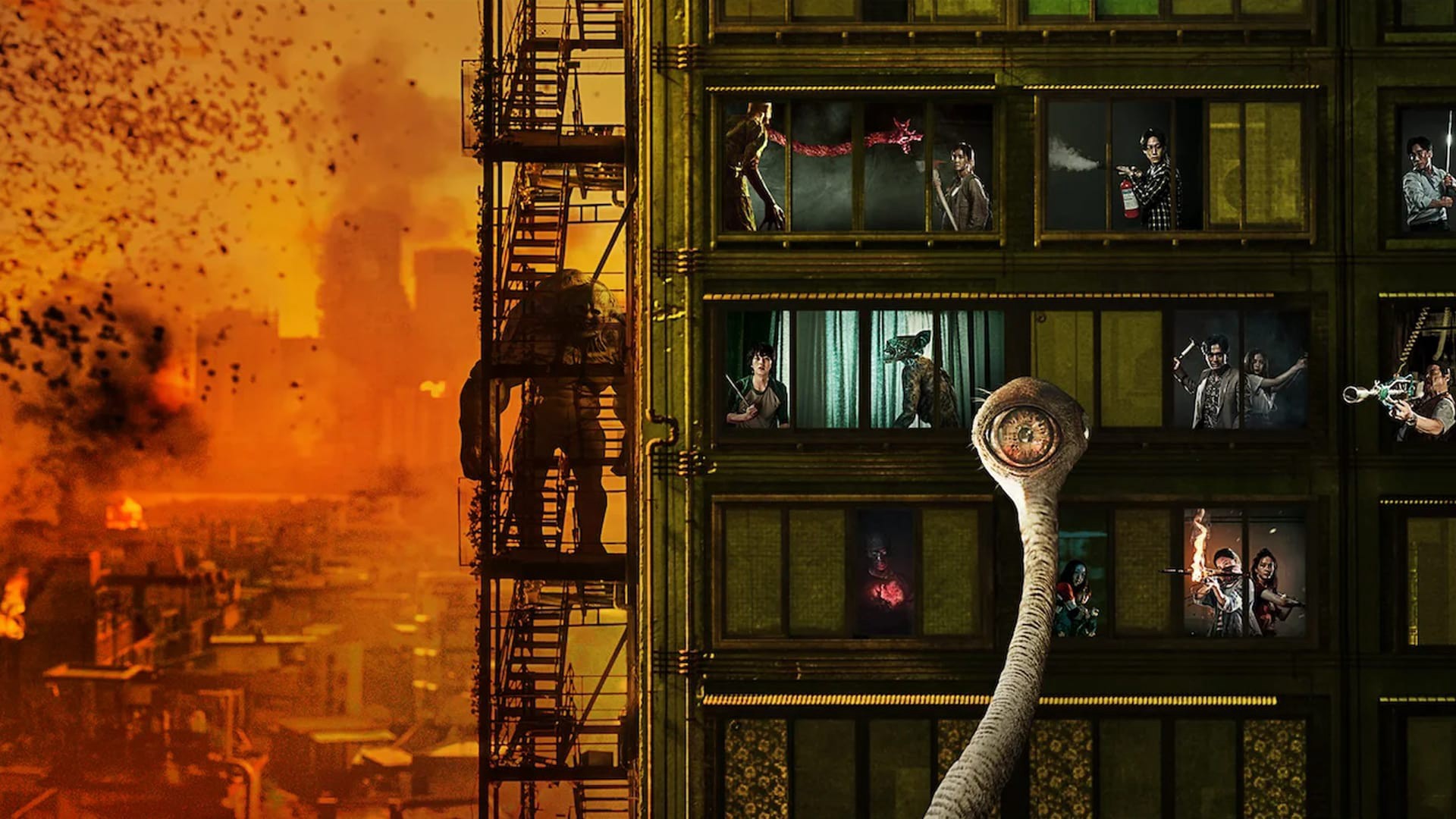 There is nothing more cathartic than fiction bringing our darkest fears to life and turns our anxiety into grotesque monsters. This is one of the reasons why horror remains one of the most a popular genre in fiction. Because it allows readers and audiences to prepare themselves and rehearse for the worst: it frees us from the unknown and helps us get through trying times. Sweet Home does just that and more. It demonstrates that in horrible times, humanity transcends culture. Small things such as kindness, solidarity and compassion go beyond culture and nationality.
There is nothing more cathartic than fiction bringing our darkest fears to life and turns our anxiety into grotesque monsters. This is one of the reasons why horror remains one of the most a popular genre in fiction. Because it allows readers and audiences to prepare themselves and rehearse for the worst: it frees us from the unknown and helps us get through trying times. Sweet Home does just that and more. It demonstrates that in horrible times, humanity transcends culture. Small things such as kindness, solidarity and compassion go beyond culture and nationality.






































